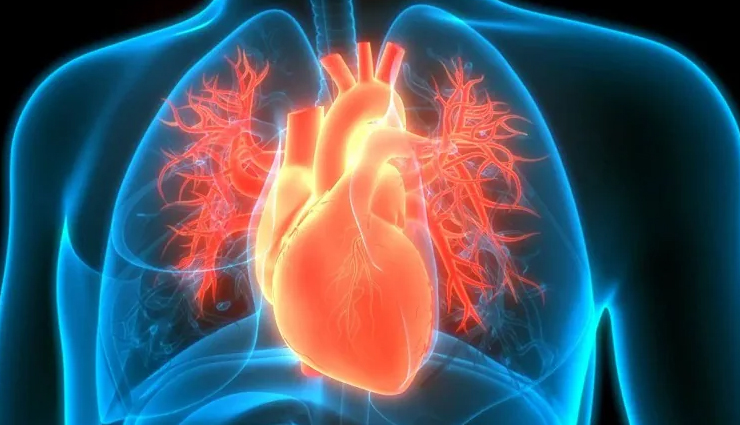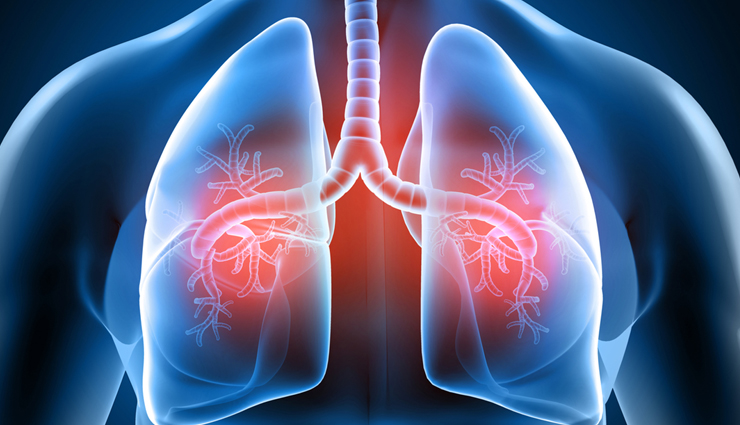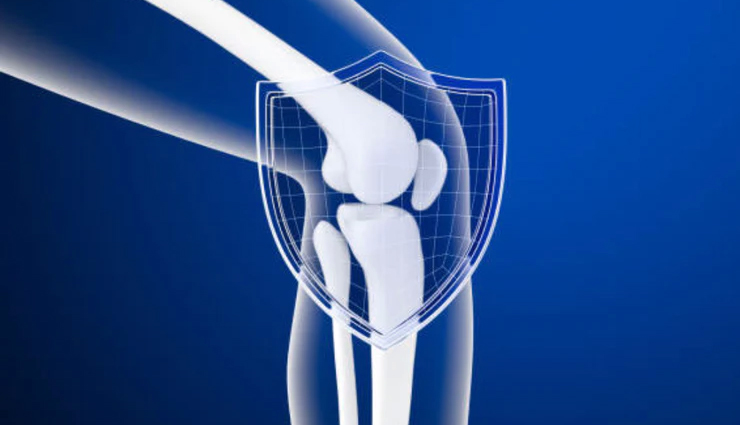- Home›
- Healthy Living›
- 15 Remarkable Health Benefits Of Cycling
15 Remarkable Health Benefits Of Cycling
By: Priyanka Maheshwari Fri, 14 July 2023 08:59:44

Cycling presents a multitude of advantages for both your physical and mental well-being, making it an exceptional form of exercise. Whether you choose to cycle for leisure, commuting, or engaging in competitive races, this low-impact activity offers numerous health benefits. In this article, we will explore 15 remarkable benefits of cycling that contribute to overall improvement in your well-being.
Cycling can be done on various terrains, including roads, trails, mountains, and even indoors on stationary bikes.
Here are some key aspects of cycling:
Health and Fitness: Cycling is an excellent form of exercise that provides numerous health benefits. It helps improve cardiovascular fitness, builds muscle strength and endurance, enhances joint mobility, and promotes weight loss. Regular cycling can also reduce the risk of certain diseases like heart disease, diabetes, and obesity.
Types of Cycling:
Road Cycling: This type of cycling involves riding on paved roads, often in a group or individually. Road cyclists typically use lightweight, specialized bikes with thin tires for speed and efficiency.
Mountain Biking: Mountain biking takes place on off-road trails, usually in natural environments like forests and mountains. These bikes have rugged frames, wide tires, and suspension systems to handle rough terrain.
Commuting: Many people use bicycles as a means of transportation for commuting to work, school, or running errands. It's an eco-friendly option that promotes physical activity and reduces traffic congestion.
Indoor Cycling: Indoor cycling refers to stationary biking indoors using exercise bikes. It's a popular fitness activity conducted in gyms or at home using equipment like spin bikes. Indoor cycling classes often involve high-intensity interval training (HIIT) or virtual cycling programs.
Competitive Cycling: Cycling is also a highly competitive sport with various disciplines and events.
Road Racing: Professional road racing events, such as the Tour de France, attract cyclists from around the world. These races can span several stages and cover long distances.
Track Cycling: Track cycling takes place on a velodrome, an oval-shaped track with steeply banked curves. Riders compete in events like sprint races, pursuit races, and team races.
BMX Racing: BMX (Bicycle Motocross) racing involves short, fast races on dirt tracks with obstacles and jumps. It's a thrilling and intense form of cycling.
Safety: Safety is crucial while cycling. Wearing a helmet is highly recommended to protect against head injuries. Other safety measures include obeying traffic rules, using lights and reflectors, signaling intentions to other road users, and wearing visible clothing.
Cycling Community: Cycling has a strong sense of community, with enthusiasts forming cycling clubs, participating in group rides, and organizing charity events. These communities provide support, camaraderie, and opportunities for sharing knowledge and experiences.
Health Benefits of Cycling

# Enhanced Cardiovascular Health
Cycling serves as an effective method to strengthen your heart and improve cardiovascular fitness. Regular cycling aids in reducing blood pressure, lowering the risk of heart disease, and enhancing circulation, resulting in a healthier cardiovascular system.

# Weight Control
Incorporating regular cycling into your routine proves to be an efficient way to burn calories and manage weight. It elevates your metabolic rate, assisting in maintaining a healthy weight or achieving weight loss goals.

# Increased Muscle Strength and Endurance
Engaging in cycling activates various muscle groups, including those in your legs, hips, core, and arms. Consistent cycling sessions build strength and endurance, leading to muscle toning and an overall improvement in physical performance.

# Joint-Friendly Exercise
Unlike high-impact activities like running, cycling is a low-impact exercise that places less stress on your joints. This makes it an excellent choice for individuals with joint pain or those in the process of recovering from injuries.

# Improved Mental Well-being
Cycling has a positive impact on mental health, primarily due to the release of endorphins, often referred to as "feel-good" hormones. These endorphins effectively reduce stress, anxiety, and symptoms of depression. Regular cycling also boosts self-esteem and improves cognitive function.

# Reduced Risk of Chronic Diseases
Consistently engaging in cycling has been associated with a decreased risk of chronic diseases, such as type 2 diabetes, certain cancers, and stroke. It aids in regulating blood sugar levels, strengthening the immune system, and improving overall health.

# Enhanced Lung Capacity
Cycling, being an aerobic exercise, encourages deep breathing, ultimately leading to an improvement in lung capacity over time. As your cardiovascular fitness improves, so does the efficiency of your lungs, enabling you to take in more oxygen and expel more carbon dioxide.

# Better Quality Sleep
Regular exercise, including cycling, has been proven to enhance sleep quality. Cycling helps regulate your body's circadian rhythm, promotes relaxation, and reduces insomnia, resulting in an overall improvement in sleep patterns.

# Strengthened Bones
As a weight-bearing exercise, cycling contributes to the strengthening of bones, thereby reducing the risk of osteoporosis and fractures. It also improves joint mobility and flexibility, promoting healthy bone density.

# Improved Balance and Coordination
Maintaining balance and coordination while cycling is crucial. Regular cycling aids in enhancing these skills, which is particularly beneficial for older adults as it reduces the risk of falls and improves overall stability.

# Enhanced Brain Health
Cycling not only benefits your body but also positively impacts your brain. It stimulates the growth of new brain cells and improves blood flow to the brain, ultimately enhancing cognitive function, memory, and concentration.

# Reduced Stress Levels
Cycling serves as an excellent method to relieve stress and unwind. It allows you to immerse yourself in nature, disconnect from daily worries, and focus on the present moment, effectively promoting relaxation and mental well-being.

# Social Interaction
Cycling can be a social activity, whether you choose to join group rides, cycling clubs, or participate in events. This social interaction provides opportunities to meet new people, make friends, and develop a sense of community, ultimately fostering mental and emotional well-being.

# Environmental Benefits
Opting for cycling over motorized transportation contributes to the reduction of pollution and carbon emissions, thereby leading to a cleaner environment and improved air quality. By adopting cycling as a mode of transportation, you actively participate in creating a sustainable future.

# Longevity and Enhanced Quality of Life
Regular cycling has been linked to an increased life expectancy and an overall improvement in the quality of life. By incorporating cycling into your routine, you can enjoy the long-term health benefits, maintain an active lifestyle, and age gracefully.





